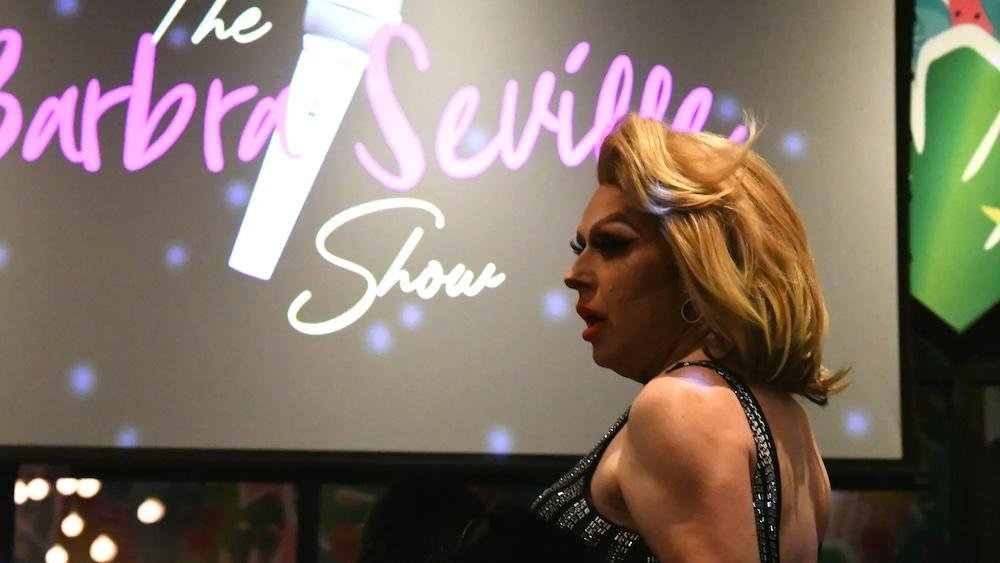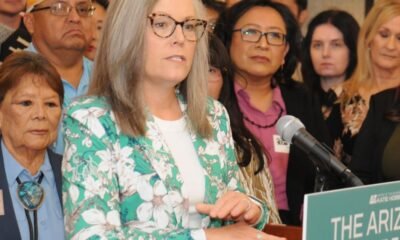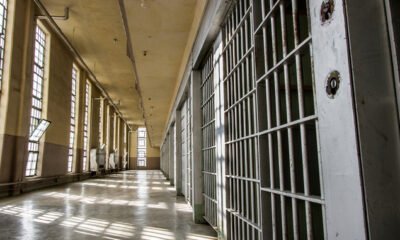Business
Are Republicans Stifling Small Business Revenue Growth?

The Republican Party has long positioned itself as pro-business, emphasizing job creation and economic prosperity. However, Arizona lawmakers’ recent focus on limiting the drag performance industry raises questions about the contradiction between these values and their legislative actions. This movement targets an often-overlooked sector that significantly contributes to local economies.
The drag economy involves substantial expenditures on costumes, wigs, and makeup, alongside the operational costs incurred by venues hosting these performances. Bars and restaurants benefit significantly, as drag shows attract patrons who often dine out and indulge in drinks prior to the performances, creating a ripple effect on local economies.
Despite the apparent economic benefits of drag, right-wing legislators in Arizona continue to pursue bills that restrict drag performances. Senators Anthony Kern and John Kavanaugh have proposed legislation to limit drag shows primarily to specific venues, while efforts have been made to criminalize performances in spaces where minors are present.
LGBTQ+ advocacy groups highlight these legislative attempts as part of a broader attack on diverse gender expressions. Opponents argue that demonizing drag contradicts the GOP’s claimed support for small businesses. Meanwhile, insights from local bar and restaurant owners reveal that eliminating drag shows could have severe ramifications for not only performers but also the businesses that rely on them for revenue.
The Greater Phoenix Equality Chamber of Commerce is working to gather data on the economic impact of drag performances in the region. Recently, they formed a Drag Coalition aimed at equipping performers with essential skills, including marketing and bookkeeping, and ascertaining the overall financial contributions of drag to the local economy.
In the greater Phoenix area alone, it is estimated that around 20 full-time and 400 part-time drag performers are economically active, alongside an additional 500 individuals pursuing drag as a hobby. Many of these performers challenge traditional stereotypes through their diverse acts, appealing to a broad audience.
Barbra Seville, a veteran drag performer, noted a significant evolution over the past 25 years. Drag shows, which were once limited to a few venues, now occur frequently across various locations, attracting diverse crowds in shows ranging from bingo events to performances in comedy clubs and larger theaters.
Christopher Hall, known for his family-friendly drag tours, emphasizes the growing popularity of drag across Arizona, with thousands attending events annually. The cultural phenomenon has thrived in both urban areas and smaller communities, highlighting its widespread appeal.
As the drag scene flourishes, operators of hosting venues report marked increases in business. Former BS West owner Mike Fornelli described how drag shows propelled his establishment’s revenue by attracting larger crowds, especially on traditionally slower nights. Other venues, such as Mic Drop Mania, have similarly benefited from hosting drag events, which have become among the busiest shows on their schedules.
The economic implications extend far beyond direct revenue for bars and restaurants. Performers invest heavily in costumes and entertainment staff, resulting in substantial spending within the community. Furthermore, events such as Phoenix Pride and the Rainbows Festival contribute significantly to local economies through increased tourism and vendor revenue.
Through fostering an inclusive environment, drag performances can help small towns and cities nurture local talent while attracting visitors. Ultimately, the broader cultural and economic impacts of drag performances challenge the current legislative efforts to restrict them.
Moreover, drag represents not just a financial engine but a valued art form. Historically, drag has been protected as a form of free speech under the First Amendment. As Richard Stevens pointed out, the debate over drag often serves as a political talking point rather than a genuine ideological concern. He articulates a broader hypocrisy within political discourse, which often sidelines substantive issues in favor of flashier cultural arguments.


















